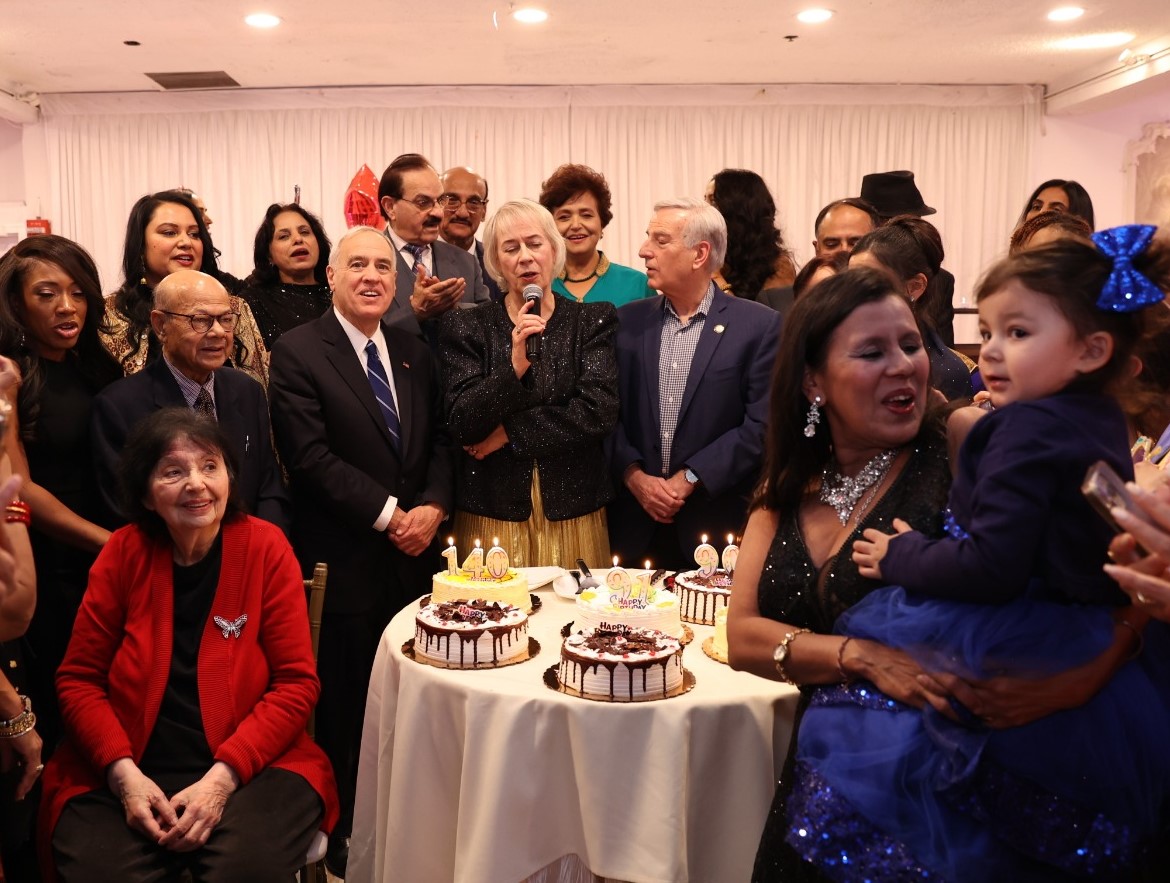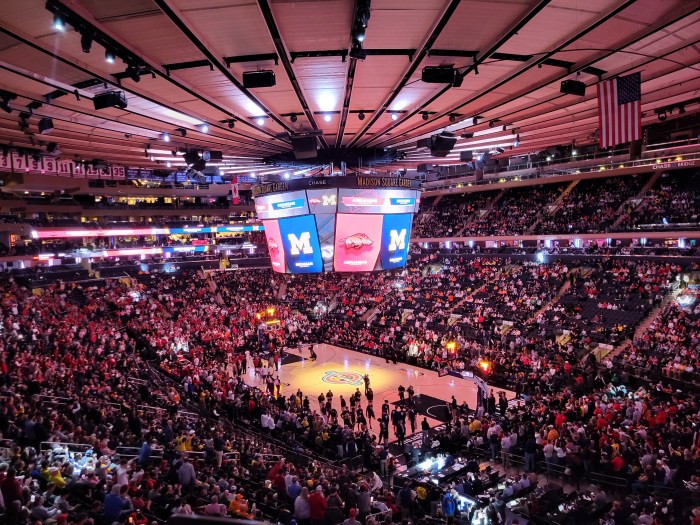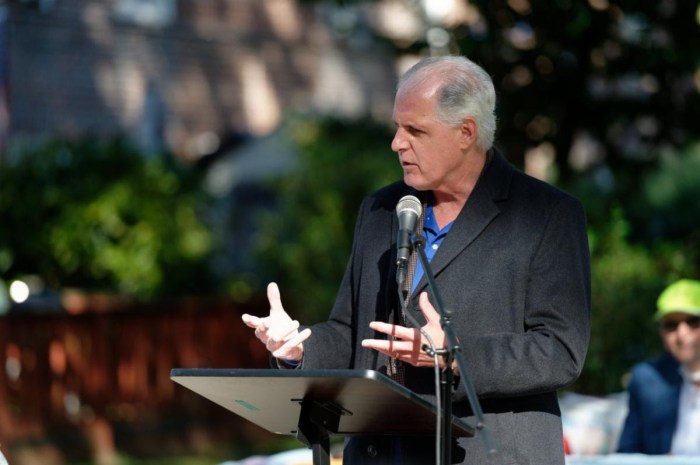
With "Honey Boy," Shia LaBeouf reclaims ownership of the right to tell his life story, his way, divorced from the sort of sensationalization that characterized media coverage of the actor for many years.
That makes this scripted movie — written by LaBeouf and based on his relationship with his father — a radical gesture, a declaration of the 34-year-old actor’s truths, as he sees them. It’s rendered on a big, beautiful canvas by director Alma Har’el, and carries serious dramatic weight thanks to the raw emotional outpouring of its screenwriter (who also stars as his own father).
The film, currently playing at the Toronto Film Festival ahead of a Nov. 8 theatrical release in New York City, finds Lucas Hedges and Noah Jupe playing LaBeouf’s doppelgänger Otis Lort at the ages of 22 and 12, respectively.
It is an impressionistic piece that utilizes long silences and richly symbolic imagery — think the outskirts of Los Angeles as seen through a hazy dreamlike filter — to capture the contradictions at the heart of Otis’ confusing existence.
On set, he’s a big star, which we see in fantasy depictions of TV series and movies that strongly resemble LaBeouf’s real-life resume ("Transformers," "Even Stevens," etc.). At home in a bleak motel, the young Otis’ happiness depends entirely on the whims of his mercurial, abusive father (LaBeouf), whom he supports with his acting income. Meanwhile, Otis as a young adult tries to reckon with these painful memories while in court-ordered rehab for drugs and alcohol.
Har’el and LaBeouf carefully weave together these narrative strands to create a movie that evokes the nature of memory itself and the ways in which even long-ago heartache remains a major force in the present. At times, thanks to the way the film is cut, the two Otises seem to be communicating with each other from across the years. The reverberations of the 12-year-old’s most difficult and violent moments with his dad are powerfully felt by his 22-year-old self as he tries to reckon with this traumatic legacy.
The movie appears to have been ripped from LaBeouf’s very essence. He and the filmmaker simply do not hold back in the way they utilize his story to explore the inherently exploitative, damaging nature of work in a business that depends on pretend, on putting up an artificially happy face, and how that can especially severely impact a young person coping with a much darker reality.
LaBeouf’s performance as his own father is nothing short of monumental; he’s a terrifying force in the way he dominates his son’s life, but also deeply, tangibly broken. He and Jupe frame their father-son dynamic as a power struggle, with the young Otis painfully aware of the business nature of their relationship while also desperately hoping for something more.
This is filmmaking as a confession, a statement of resolve and commitment, and a work filled with every bit of LaBeouf’s heart and soul.



































